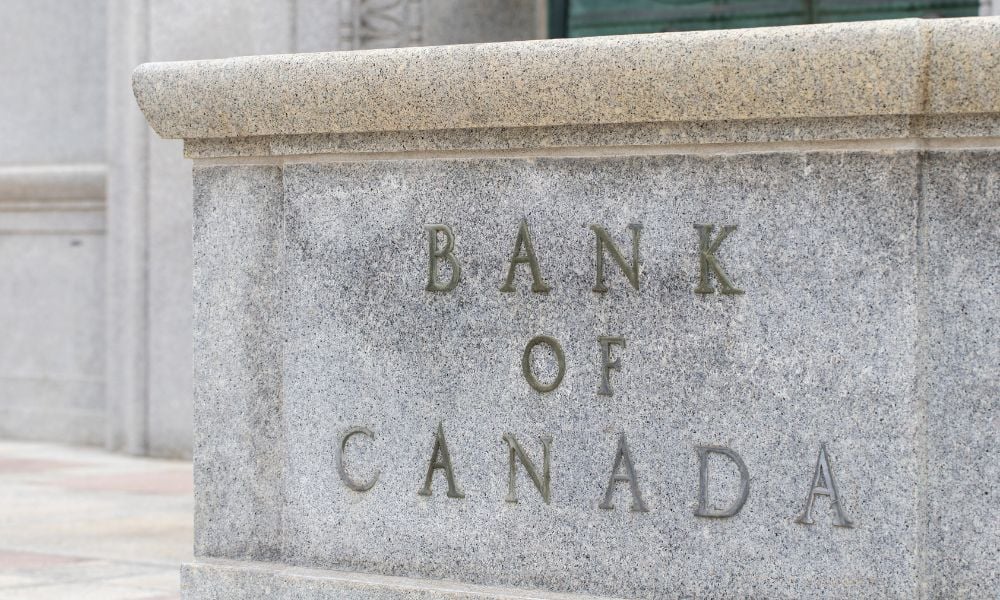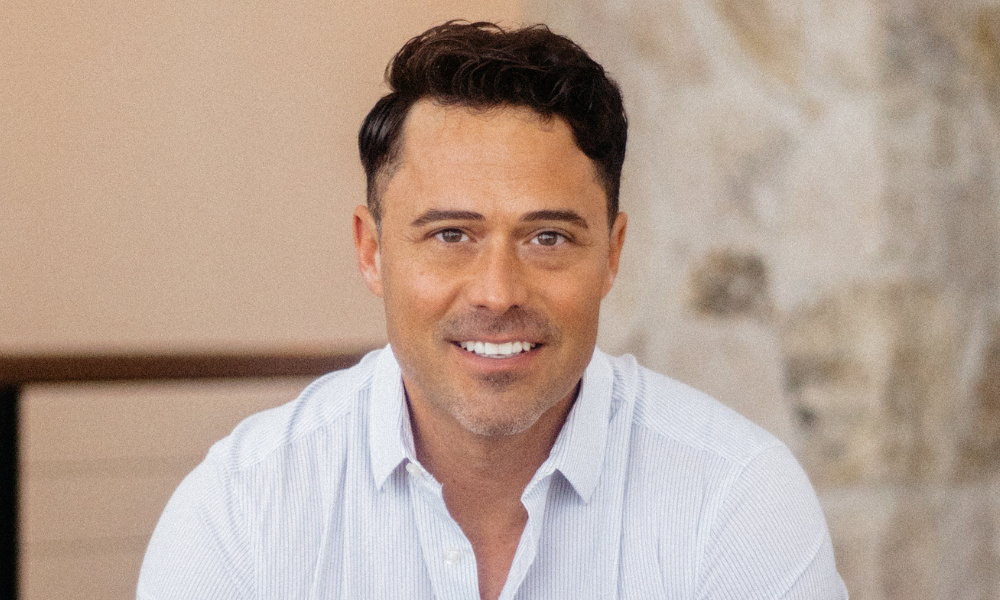It’s more important than ever to take a diversified approach to investments as Brexit should shake global markets
As the Brexit vote looms on June 23, it’s important for advisors to communicate a level-headed strategy to clients, says an expert. Christine Tan, Chief Investment Officer at Excel Funds, says that while Canadian allocation in emerging markets is quite small – in the “low single digits” – the global upheaval as the result of a “leave” vote could have a negative impact on Canadian investors who aren’t sufficiently diversified.
“It’s more important than ever to be diversified, because there are so many binary outcome risks, like the Brexit and the U.S. elections,” she says. “I recommend diversification among different asset classes and different geographies.”
She says it’s vital for investors to keep their cool amid the resulting short-term volatility, such as the recent record dip in 10-year German Bunds. “ Basically, that’s the fear trade - it’s the market saying, ‘we don’t know what’s going to happen, so we’re just going to sit in sovereign bonds even if we are receiving negative yields,’” she says.
Those with exposure to European equities should take care as the ECB loosens its monetary policy. “From our conversations with advisors over the last year to year and a half, there has been an increase in allocations to European equities,” she says. “The ECB is now easing policy and so we may see a bit of a pickup. I think EU equities will be impacted.”
As well, she warns of the fallout to commodities should the dollar and treasuries regain safe haven status. “If the dollar became a safe haven again on a Brexit scenario, then commodity prices have to weaken, and that would impact the Canadian market because of our commodity exposure,” she says.
She adds that advisors or investors who have seen success in bonds should reassess whether such a strategy will continue to perform in the wake of a “leave” vote.
“In different scenarios, certain asset classes will outperform. I think it’s extremely important for advisors to keep that in their longer term view,” she says.
“Coming into this year, the consensus view was the Fed was going to be hiking, and that you don’t want to be in treasuries,” she says. “Now, for some reason, you had stayed invested in treasuries, you would have done well year to date. But you’re not right because you made a good call; you were right because other risks arose like the Brexit, China and Donald Trump.”
Related Links:
‘There are no good investments’ – interest rates blamed for global wealth dip
ETFs rule the roost in emerging markets
“It’s more important than ever to be diversified, because there are so many binary outcome risks, like the Brexit and the U.S. elections,” she says. “I recommend diversification among different asset classes and different geographies.”
She says it’s vital for investors to keep their cool amid the resulting short-term volatility, such as the recent record dip in 10-year German Bunds. “ Basically, that’s the fear trade - it’s the market saying, ‘we don’t know what’s going to happen, so we’re just going to sit in sovereign bonds even if we are receiving negative yields,’” she says.
Those with exposure to European equities should take care as the ECB loosens its monetary policy. “From our conversations with advisors over the last year to year and a half, there has been an increase in allocations to European equities,” she says. “The ECB is now easing policy and so we may see a bit of a pickup. I think EU equities will be impacted.”
As well, she warns of the fallout to commodities should the dollar and treasuries regain safe haven status. “If the dollar became a safe haven again on a Brexit scenario, then commodity prices have to weaken, and that would impact the Canadian market because of our commodity exposure,” she says.
She adds that advisors or investors who have seen success in bonds should reassess whether such a strategy will continue to perform in the wake of a “leave” vote.
“In different scenarios, certain asset classes will outperform. I think it’s extremely important for advisors to keep that in their longer term view,” she says.
“Coming into this year, the consensus view was the Fed was going to be hiking, and that you don’t want to be in treasuries,” she says. “Now, for some reason, you had stayed invested in treasuries, you would have done well year to date. But you’re not right because you made a good call; you were right because other risks arose like the Brexit, China and Donald Trump.”
Related Links:
‘There are no good investments’ – interest rates blamed for global wealth dip
ETFs rule the roost in emerging markets



